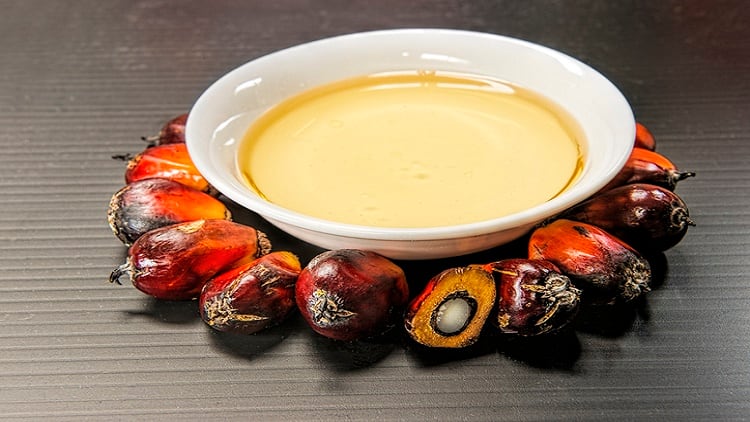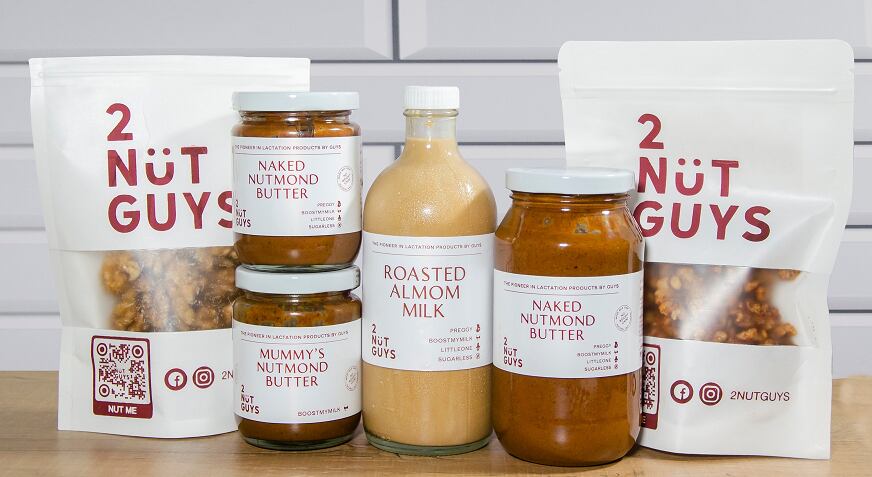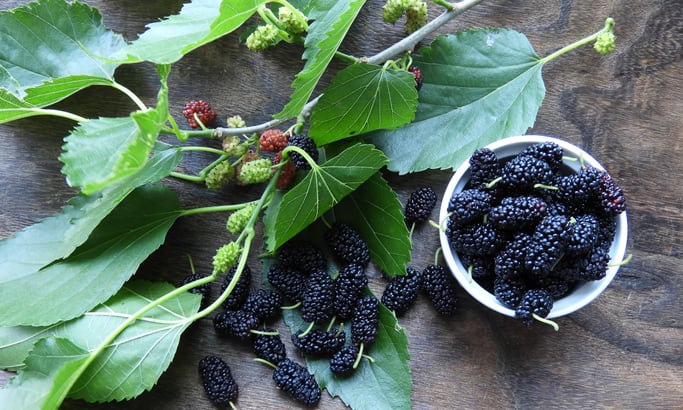Specifically, HbA1c was significantly reduced when the dosage was between 250 to 400mg for a period of less than six months.
The reduction was also more pronounced in patients who were suffering from type II diabetes for less than 10 years.
Diabetic patients have an elevated level of HbA1c of more than seven per cent or an estimated average glucose of 154mg/dL in the blood serum.
The higher the HbA1c reading, the higher the risk of developing diabetes-related complications.
Writing in Advances in Nutrition, researchers from Monash University Malaysia’s Jeffrey Cheah School of Medicine and Health Sciences conducted a meta-analysis on 10 randomised placebo-controlled trials (RCTs) that assessed the impact of tocotrienols in HbA1c levels, blood pressure, and serum c-reactive protein.
Tocotrienols consist of vitamin E and are present in varying compositions in plant-based oils, including palm oil and rice bran oil.
One of the most abundant sources of tocotrienols comes from palm fruit and is also known as tocotrienol-rich fraction (TRF).
According to the researchers, there has been growing in vitro and in vivo evidence showing the benefits of tocotrienol-rich fraction for type II diabetic patients.
For this meta-analysis, the researchers conducted a search for relevant RCTs that were published on scientific journals database PubMed, Scopus, OVID Medline, and Cochrane Central Register of Controlled Trials up till March this year.
Most of the RCTs included in the meta-analysis were carried out in Malaysia, while the rest were conducted in Iran, Australia, and Pakistan.
The intervention duration of these studies ranged from eight weeks to 18 months. The number of trial participants ranged from 43 to 300 patients with a mean age of 50 to 70 years old.
All studies used palm oil-derived TRF as the intervention, except for one which used annatto-derived tocotrienols.
Findings showed that tocotrienol supplementation had caused a significant reduction in HbA1c, especially for patients with a higher baseline.
However, no significant effect was seen on systolic, diastolic blood pressure, and the level of serum c-reactive protein – which increases when there is inflammation in the body.
“We found that patients with a higher HbA1c baseline demonstrated a greater reduction of HbA1c post-intervention in comparison to patients with a low HbA1c baseline.
“However, there was no significant reduction in systolic and diastolic blood pressure and serum Hs-CRP (P > 0.05).
“To the best of our knowledge, this is the first systematic review and meta-analysis of RCTs to study the effects of supplementation of TRF on HbA1c, blood pressure, and Hs-CRP in patients with T2DM,” the researchers concluded.
Source: Advances in Nutrition
Effects of Tocotrienol-Rich Fraction Supplementation in Patients with Type 2 Diabetes: A Systematic Review and Meta-Analysis of Randomized Controlled Trials
https://doi.org/10.1016/j.advnut.2023.06.006
Authors: Sonia C.W. Phang, Badariah Ahmad, Khalid Abdul Kadir, Uma Devi M Palanisamy





